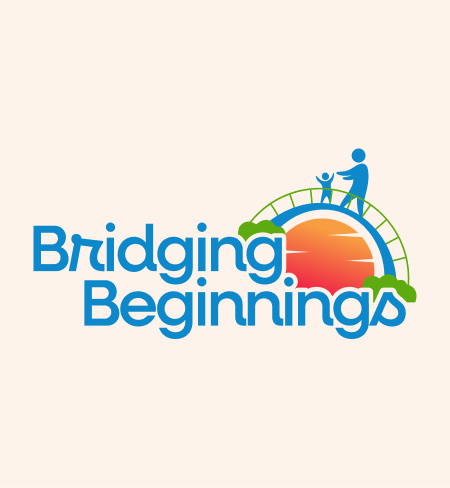
About Bridging Beginnings
Blog Detail
- Bridging Beginnings
- Blog Detail


- Apr 10, 2025
The Critical Role of Specialized Instruction in Early Intervention
Early Intervention is a broad system of support that encompasses all services for infants and toddlers ages 0–3 with disabilities or developmental delays. While it includes a variety of supports like speech therapy, occupational therapy (OT), and physical therapy (PT), it also identifies a singular and essential role—the Early Intervention Specialist—who provides specialized instruction. These professionals may go by different titles such as Child Development Specialist, Developmental Specialist, or credentialed Early Childhood Special Educator.
When people think of early intervention, they often associate it with speech, OT, or PT. While these services are essential, early intervention is much more than that. One crucial yet often overlooked aspect of early intervention is specialized instruction, provided by professionals such as Child Development Specialists, Developmental Specialists, and credentialed Early Childhood Special Educators.
What Is Specialized Instruction in Early Intervention?
Specialized instruction focuses on the whole child, recognizing how all developmental areas—cognitive, social-emotional, communication, motor, and adaptive skills—work together to support early learning. Unlike traditional therapies that target specific domains, specialized instruction integrates multiple developmental areas to build a strong foundation for future success. This approach ensures that children receive comprehensive support tailored to their unique needs.
Why a Holistic Approach Matters
Early learning is not just about talking or moving—it’s about how children interact, think, play, and express emotions. Specialized instruction goes beyond speech development by addressing how children:
- Learn new concepts and solve problems (cognition)
- Regulate emotions and interact with others (social-emotional development)
- Engage in play and daily routines (adaptive and behavioral skills)
- Communicate in meaningful ways (language and nonverbal communication)
By understanding how these skills influence one another, specialists can design effective, individualized strategies that help children reach their full potential.
The Power of Caregiver Coaching in Natural Environments
One of the key components of specialized instruction is caregiver coaching. Specialists work closely with families to embed learning opportunities within everyday routines. This approach empowers caregivers to implement strategies in natural environments—at home, in child care settings, or during community activities—where children feel most comfortable. By coaching families, we ensure that children continue to build skills beyond structured therapy sessions, leading to meaningful, lasting progress.
Recognizing the Signs: When Should Families Be Concerned?
Early identification of developmental delays or risk factors is critical. Families should seek support if their child:
- Has difficulty engaging in play or social interactions
- Struggles with following simple instructions or routines
- Displays challenges in regulating emotions or handling transitions
- Shows delays in problem-solving or independent skills
- Demonstrates limited communication, even beyond speech delays
When these concerns arise, early intervention services, including specialized instruction, can provide the guidance and support needed to help children thrive.
Accessing Early Intervention Services in California
For families in California, Early Start is a valuable resource that provides early intervention services for infants and toddlers with developmental delays or disabilities. To learn more and determine eligibility, visit California Early Start.
The Bottom Line
Specialized instruction is a vital part of early intervention, ensuring that children develop the foundational skills needed for lifelong success. By taking a holistic approach, recognizing how different areas of development intersect, and empowering families through caregiver coaching, early intervention specialists provide invaluable support that extends far beyond speech, OT, or PT.
If you have concerns about your child’s development, don’t wait—early support makes all the difference!
